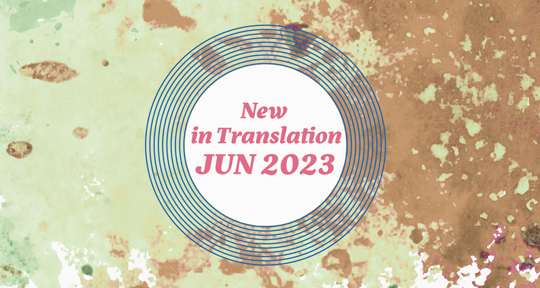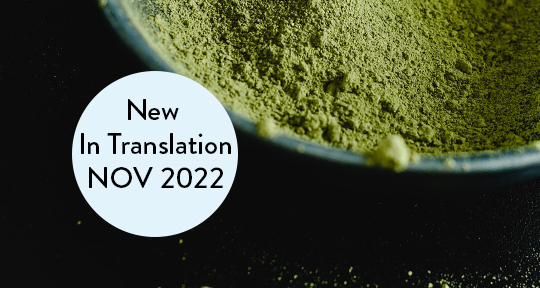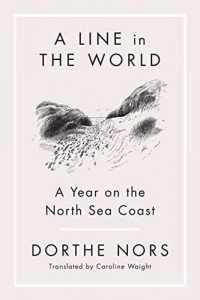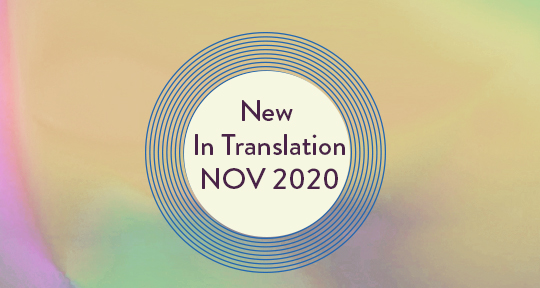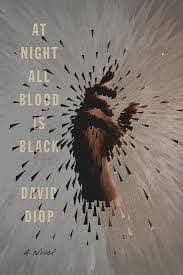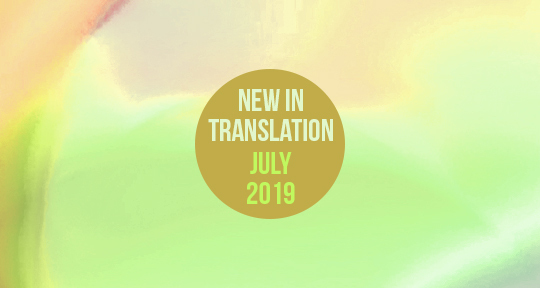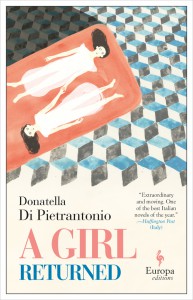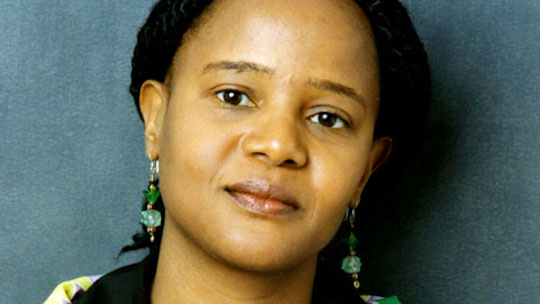In this month’s selection of the best in translated literature, our editors present a selection of texts that range from the intimate, to the surreal, to the furious. From Galicia, a mother writes a poetic rumination of abortion and post-partum depression. From Hong Kong, a love story unfolds between two unlikely characters as the city clamours in protest. From France, an interpreter gives a searing account of the immigration system and its many failures, in the aftermath of her own violent act.
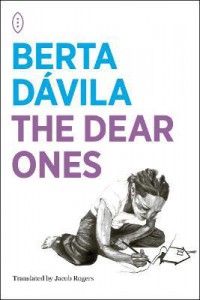
The Dear Ones by Berta Dávila, translated from the Galician by Jacob Rogers, 3Times Rebel Press, 2023
Review by Samantha Siefert, Marketing Manager
Five years after becoming a mother, a woman chooses to have an abortion. This uneasy duality forms the premise of Galician author Berta Dávila’s intimate, probing exploration of motherhood in her memoir, The Dear Ones, now available in an excellent English translation by Jacob Rogers. “It takes nine months for a child to form in the womb and be born, but no one knows how long it takes for a mother to do the same,” Dávila muses, never pretending to know or even seek a precise answer to the unstated question, instead dedicating this short but intense novel to articulating plainly the spaces between the themes of motherhood—the ones discussed openly, and the ones that are not.

